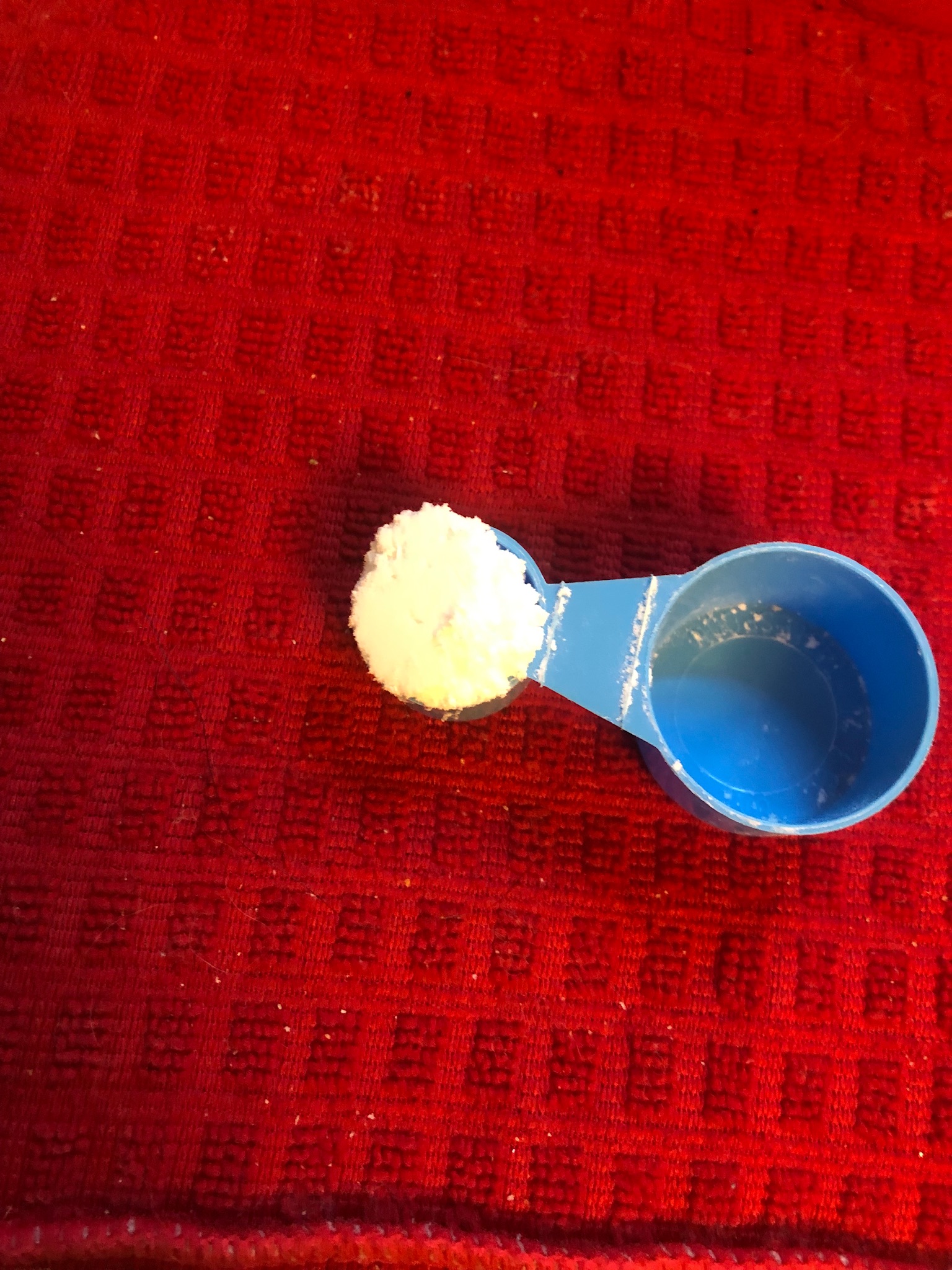
Creatine has, according to preliminary studies, the ability to improve bone strength. Currently creatine, and its ability to improve cellular energy, is being investigated for its beneficial effects on the brain, aging, and even bone health (63; 77). Bone health in particular is a primary concern to post menopausal women, as this population is especially vulnerable to weakening bones. This situation can lead to fractures, frailty, and a loss of function on a daily basis (64).
Exercise improves bone density and so is good for both bone strength and tissue health. Small studies of creatine (Cr) are showing it to have the ability to enhance bone mineral density. Bone mineral density is the amount of bone mineral in bone tissue. The more minerals present in the bone, the greater its strength, and the less likely it will be to degenerate or brake/fracture.
Creatine (Cr) supplementation may improve bone health in a multiplicity of ways. Firstly, Cr is used by the bone cells for cellular energy stimulation (7). So, by increasing creatine within the body as a whole, the bones have a better or enhanced access to creatine. The more creatine, the more metabolic activity within the bone cells. this means there is a greater chance that new bone is formed and that more minerals are absorbed, leading to greater bone strength and health (8). Secondly, Cr improves muscle performance (3; 4;5). When muscle vibrates against bone it stimulates bone cell development. The stronger the muscle, the more the muscle stimulates the bone, and the greater the stimulation, the more likely it is that the bone mass density will improve or increase (6). In order to garner the greatest effects from taking creatine for bones, resistance/weight training should be undertaken three times per week (67;71). Creatine should be consumed either during exercise/exertion or shortly before or after it.
Creatine should be combined with weight/load bearing exercise to result in improved bone health. A small placebo-controlled study (9), which also controlled for diet (via food journals), of postmenopausal women (half of whom took creatine for one year) showed that weight training (three times per week) combined with creatine supplements (seven grams) results in: the maintenance of bone mineral density; a mild increase in bone strength; and a mild increase in muscle strength. Conversely, the placebo/sugar pill group lost a significant amount of bone mineral density. The bone tested was the Femur, which is a large leg bone, and often prone to fracturing with age (1;10).
Some research is showing that for older adults it is better to take creatine right before, or during, exercise (11). It is hypothesised that creatine taken at this time increases the blood flowing to the muscles under exertion during exercise. This then results in better, or more, creatine being transported/moved into the muscles and building up or accumulating into the muscles (11). The best option might be to take it just before exercise. This was shown in two studies to increase muscle uptake of creatine, as well as muscle concentration of creatine. Both of these factors can lead to better overall results regarding muscle health and performance (12;13). When choosing a dose of creatine, effective dosing (after the first week of taking the full scoop to get it into the muscle) is approximately three grams or half a tea spoon. In short, creatine in combination with exercise and other dietary proteins is important regarding bone and muscle health during the aging process, especially for postmenopausal women (14).
This information is for educational and informational purposes only. Please see a qualified medical professional if you need help.
The information on this site is for educational and informational purposes only. It is not to take the place of medical advice or treatment. Seek out a qualified health care provider if you have questions or need help. Dr. Grant is not responsible for any possible health consequences of anyone who follows or reads the information in this content. Everyone, but especially those taking medication (over the counter or prescription) should talk with a physician before undertaking any changes to their lifestyle or diet (including taking supplements).